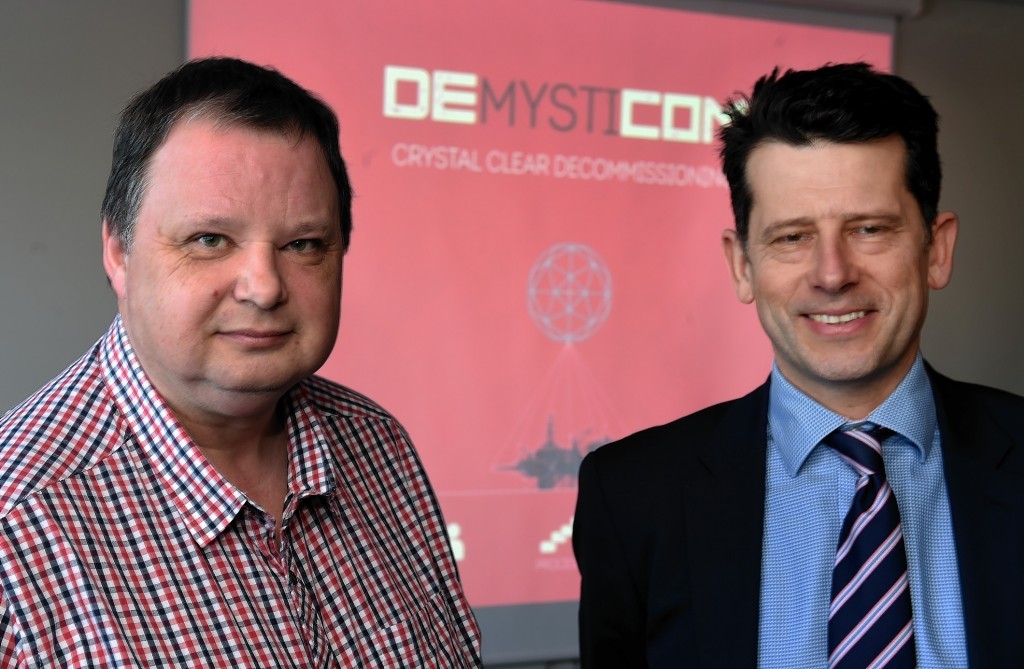
North Sea decommissioning is being held back by a reluctance to accept oil and gas installations will not last forever, an industry expert said yesterday.
David Haywood, project adviser at STC Global, an Aberdeen-based design and learning solutions firm, said decommissioning was no longer a “dirty word” and companies should not be embarrassed their assets will cease to make money at some point.
Mr Haywood, who has worked for Mobil, Shell and CNR International in an oil and gas career spanning more than 20 years, also said fears that an acceleration in decommissioning could leave viable oil and gas reserves stranded were overstated.
He was speaking at the launch of a new company, Demysticom, which is a 50/50 joint venture between STC and Matrix Risk Control.
STC managing director Mark Rushton said the ins and outs of decommissioning were still a mystery to many companies.
Demysticom will look to illuminate the process by providing clients with coherent decommissioning strategies, Mr Rushton told the 35-strong audience at the Aberdeen Conference and Exhibition Centre.
Mr Haywood, who will also work for Demysticom, said companies who grasp the decommissioning nettle early stand to gain the most.
He said: “Decommissioning presents a great opportunity for operators in late life field development. If you can become good at decommissioning, it gives you a competitive advantage by telling you how much it’s worth spending on an asset.
Mr Haywood also said attitudes towards decommissioning were improving: “Decommissioning is no longer a dirty word. In years gone by, it was not an attractive part of a business for talent to migrate towards, but that’s starting to change.
“Younger engineers are starting to see a whole career in decommissioning. That’s only going to grow. We’re seeing the evolution of one industry within another and that recognition is a positive thing.”
Mr Haywood’s comments came in the same week Oil and Gas UK published a report saying the number of fields expected to cease production between 2015 and 2020 had risen by a fifth to over 100.
The industry body’s annual Activity Survey 2016 warned that there was a “very real risk” that an increase in decommissioning would cause a “domino effect”, whereby the premature removal of infrastructure cuts off access to serviceable fields.
Mr Haywood said a domino effect was not inevitable. He said: “There may be an acceleration of decommissioning activity if the oil price stays low and we can’t manage our costs, but I don’t think there is such great interdependence that one asset being decommissioned will inevitably lead to another being decommissioned.”